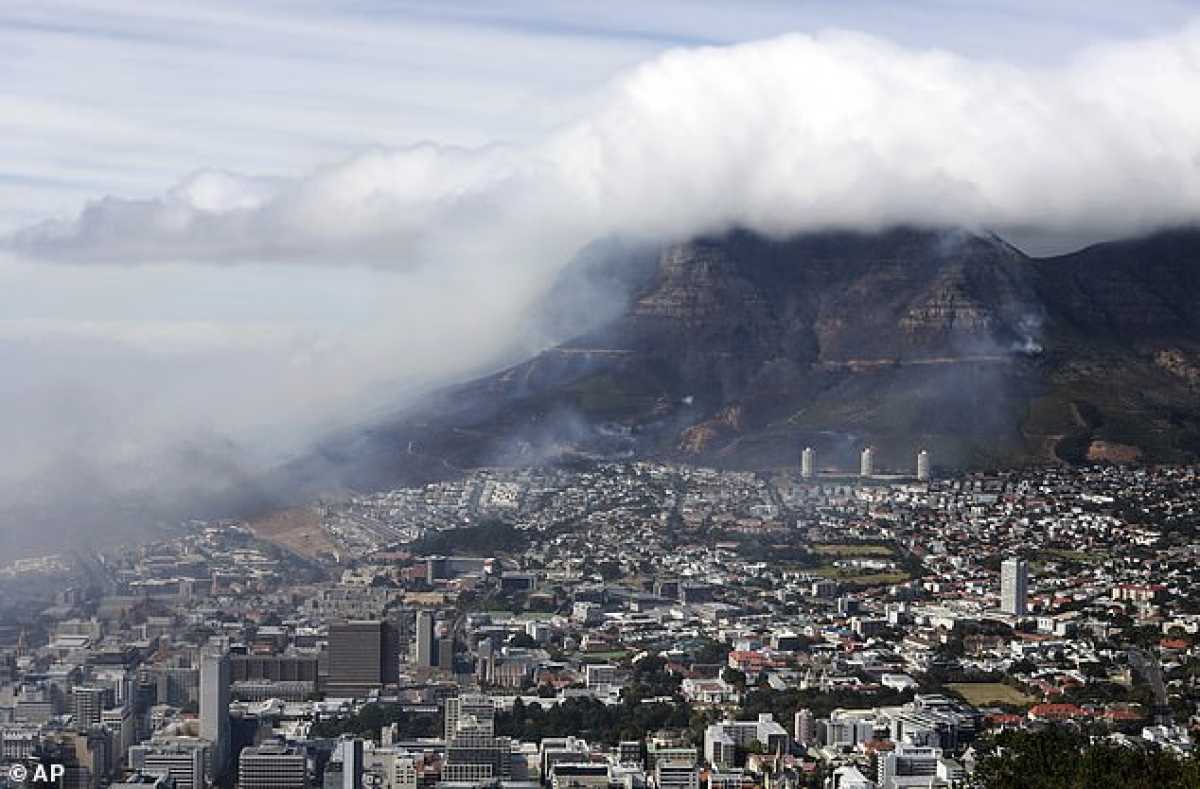World
Livestock Ship Stench Engulfs Cape Town Sparks Animal Welfare Concerns

The South African city of Cape Town is grappling with a nauseating stench that has gripped its residents. Lerato Bashing, a 29-year-old local, described it as the worst odor she had ever encountered in her life. The source of the foul smell has been identified as the Al Kuwait ship, currently docked in the city’s port, carrying 19,000 cows.
The City of Cape Town has acknowledged the issue and stated that it is being addressed promptly. Zahid Badroodien, responsible for water and sanitation in the city, confirmed that the ship is scheduled to depart on Monday night.
The Al Kuwait, en route from Brazil to Iraq, made a stop in Cape Town to resupply feed for the cattle onboard, as noted by the anti-animal cruelty organization, NSPCA. Agents from the organization boarded the vessel and observed dire conditions, with a buildup of faeces and ammonia causing the noxious odor.
Residents in the vicinity of the harbor have been greatly impacted by the overpowering stench, with some forced to shut their car windows despite the heat. The situation prompted environmental concerns and inspections across the city, eventually tracing the source to the livestock ship.
Animal welfare groups, notably the NSPCA, have condemned the live export of animals, highlighting the suffering and distress endured by the livestock during such voyages. The organization’s veterinary consultant aboard the Al Kuwait reported unimaginable stench and poor conditions faced by the animals.
The Democratic Alliance, governing Cape Town, condemned the practice of live animal exports, citing risks such as ammonia exposure, rough seas, heat stress, injuries, and exhaustion. This incident follows a recent situation where a ship carrying thousands of cattle and sheep, bound for the Middle East, had to return to Australia due to external threats in the Red Sea.
As global scrutiny on animal welfare during transport intensifies, the departure of the Al Kuwait from Cape Town raises renewed discussions on the ethics and safety of live animal exports via sea routes.












